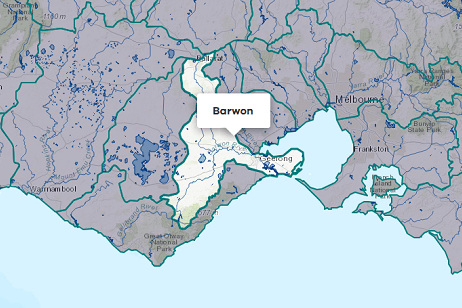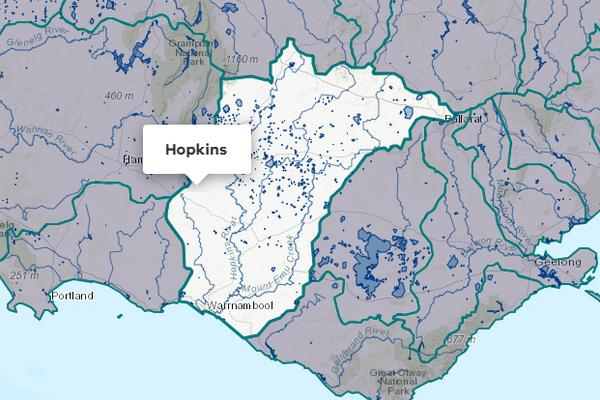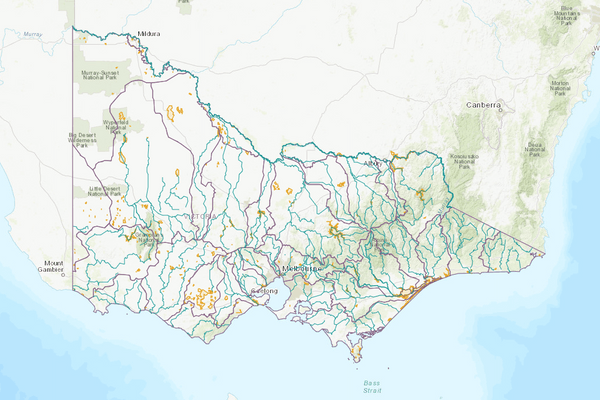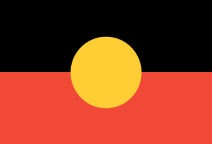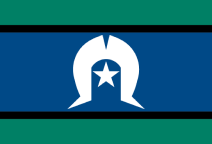About the area
The Otway Coast basin is in south-west Victoria. It encompasses the numerous small creeks and rivers that flow to the coast from the Otway Ranges, the largest being the Gellibrand and Curdies rivers.
Annual rainfall in the basin ranges from below 600 mm in the eastern-most extent to over 1,200 mm in the elevated south around Cape Otway.
The moderate to steep forested Otway Ranges dominate the centre of the basin, whilst the remainder is largely covered by cleared farmland.
More information on water management and accounting is detailed in Water explained.
2022-23 overview
Available water
More water was available than the previous year.
Licensed diversions from unregulated streams
There were fewer restrictions on licensed diversions than the previous year.
Water use
A similar volume of water was diverted for consumptive purposes as the previous year.
When compared to the previous year, in 2022-23:
- more rainfall was received, catchment inflow was higher and storage levels peaked and declined at similar levels
- there were fewer restrictions on licensed diversions from unregulated streams
- a similar volume of water was diverted from the basin for consumptive uses.
Climate
Rainfall
In 2022-23, rainfall in the Otway basin was higher than the previous year. Rainfall was:
- very much above the long-term average over Cape Otway and the west of the basin
- above average across most of the basin’s east
- average in a small region centred around Lorne.
Figure 1 displays the rainfall received in 2022-23 compared to the long-term average (1975-2023).
Figure 1: Rainfall deciles, Otway Coast basin
Sourced from the Australian Bureau of Meteorology
River basin water balance
This section describes the known and estimated inflows, outflows and change of storage volumes in the basin.
Of the total inflows in 2022-23, 98% flowed through and out to the Bass Straight.
Water balance table
The table below shows the total volumes of water available and supplied from water resources in the Otway Coast basin in 2022-23.
Table 1: Water balance, Otway Coast basin
Major on-stream storages
Major - greater than 1,000 ML - on-stream storages in the Otway Coast basin are included in the water balance.
Storage levels
Storage levels in the Otway Coast basin were 100% on 30 June 2023.
The same as the previous year
Storage levels were 100% on 30 June 2022.
Table 2: Storage levels, Otway Coast basin
Inflows
Catchment inflow
Catchment inflow represents the volume of water flowing into the waterways of a basin. It is calculated as the total outflows and change in storage minus the known inflows.
Large rainfall events across much of the state in October 2022 resulted in high flows, which reduced the ability of gauges to provide accurate streamflow estimates for the Otway Coast basin. This impacted the estimates of catchment inflows and end of basin outflows. Alternative methods have been required, which have a lower confidence than the method typically used. However, these methods are considered fit for this purpose of basin-scale water accounting.
An explanation of the methods applied can be found in the method tab of Figure 4.
Above average inflows of 1,334,249 ML were received (182% of the long-term average of 733,300 ML), more than the previous year (140% of the long-term average).
Above average inflow received
Catchment inflow was 182% of the long-term average of 733,300 ML.
More water received than the previous year
Inflows received were higher than the previous year (140% of the long-term average).
Wastewater treatment plants
Water treated at wastewater treatment plants can be used to supplement water available in the basin. Water discharged to waterways from treatment plants is included as an inflow to the water balance.
Information on treatment plants is reported in the water supply local reports for the water corporation responsible for managing the plant.
In this basin, wastewater treatment plants are managed by Barwon Water and Wannon Water.
Outflows
Diversions
In 2022-23, 23,530 ML of water was diverted for consumptive uses: town, domestic and stock, irrigation and commercial supply, similar to the previous year (21,752 ML).
Small catchment dams
Water harvested, used and lost by small catchment dams (farm dams) is included in the water balance.
Table 3: Small catchment dams, Otway Coast basin
Entitlements and compliance
Entitlements provide the basis for how water is shared in the basin.
Entitlement volumes
Rights to water in the Otway Coast basin are shown in Table 4.
Entitlement volumes represent a maximum volume of water that can be taken in a one-year period. The volume available in a particular year is dependent on the rules for allocating water set out in the entitlement and the seasonal conditions in that year, which can vary. The rules for allocating water under an entitlement differ between entitlements and systems. This affects the ability and likelihood of water being taken in a particular year.
Table 4: Annual entitlement volumes at 30 June, Otway Coast basin
Available water and take under entitlements
Total water available under entitlements represents the volume of water that was available to be taken by entitlement holders in 2022-23. The volume includes seasonal allocations and net trade into the basin.
Water taken
There was 18,143 ML used in 2022-23, similar to the previous year (17,466 ML).
Restrictions on licensed diversions from unregulated streams
- There were no restrictions on licensed diversions from unregulated streams in 2022-23.
- During the previous year, there were 2 streams on restrictions or bans between April-June 2022.
Available water and take table
This table shows the volume of available water and the volume taken under entitlements in 2022-23.
More information on available water and take has been detailed in How we account for surface
In 2022-23, a similar volume of water was taken under entitlements as the previous year.
Table 5: Available water and take under entitlements, Otway Coast basin
Compliance
Compliance against water entitlements is reported for this basin in 3 areas:
- entitlement issued: that the volume of entitlements issued in a basin does not exceed formal caps, and has not increased without appropriate approvals
- water taken: that the volume of water taken during the year does not exceed the volume considered to be available for consumptive and/or in-stream use during that year
- bulk entitlement provisions: that holders of entitlements do not breach any provisions that are documented in their bulk entitlement orders.
Total entitlement volume
There was no net increase in the total entitlement volume from the previous year.
Total volume diverted
The total volume diverted under entitlements (18,143 ML) was within the volume available for the year (34,862 ML).
Individual bulk entitlements
No individual bulk entitlement holder took more than the annual volume made available to them.
Exceptions to compliance
Individual bulk entitlement holders complied with all provisions in their entitlements.
Water for the environment
Environmental watering sites
There are no environmental entitlements in the Otway Coast basin, so no active environmental watering occurs.
However, important sites and environmental values in the Otway Coast basin that depend on water for the environment include:
- Aire River (a heritage river) including the nationally significant Lower Aire wetlands and the state-significant Aire River estuary, Elliot River, Parker River, Grey River, Carisbrook Creek and Smythes Creek, which are ecologically healthy waterways, and lakes Costin and Craven
- native fish communities (such as river blackfish and Australian grayling) and their habitats (such as remnant riparian vegetation); endangered, flow-dependent ecological vegetation classes including estuarine wetland and swamp scrub; the native bird population including the great egret (a Victorian endangered species), Cape Barren goose and Australasian bittern; native mammals including platypus and swamp antechinus; and macroinvertebrate communities in Elliot River, St Georges River and Wye River.
Environmental water reserve
In 2022-23, water for the environment in the Otway Coast basin comprised:
- water set aside for the environment through the operation of passing flow conditions:
- on consumptive bulk entitlements held by Barwon Water and Wannon Water
- on licensed diversions
- all other water in the basin not allocated for consumptive uses: this water also provides social, recreational and cultural benefits.
Management responsibilities
Management of water in the Otway Coast basin is undertaken by various parties
| Authority | Management responsibilities |
|---|---|
| Southern Rural Water |
|
| Wannon Water |
|
| Barwon Water |
|
| Corangamite Catchment Management Authority |
|
| Water supply system | 2021-22 (ML) | 2022-23 (ML) |
|---|---|---|
| Apollo Bay | 393 | 371 |
| Colac system | 3,491 | 3,384 |
| Lorne | 356 | 350 |
| Otway system | 8,429 | 7,863 |

